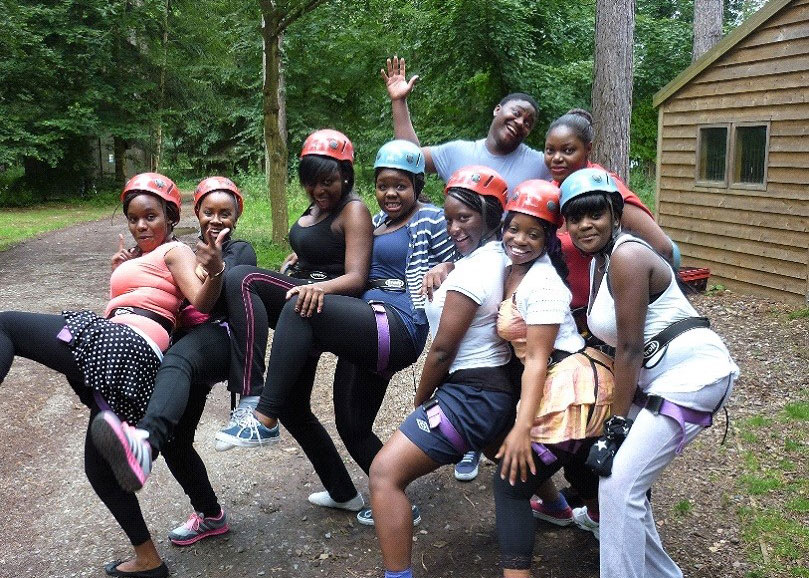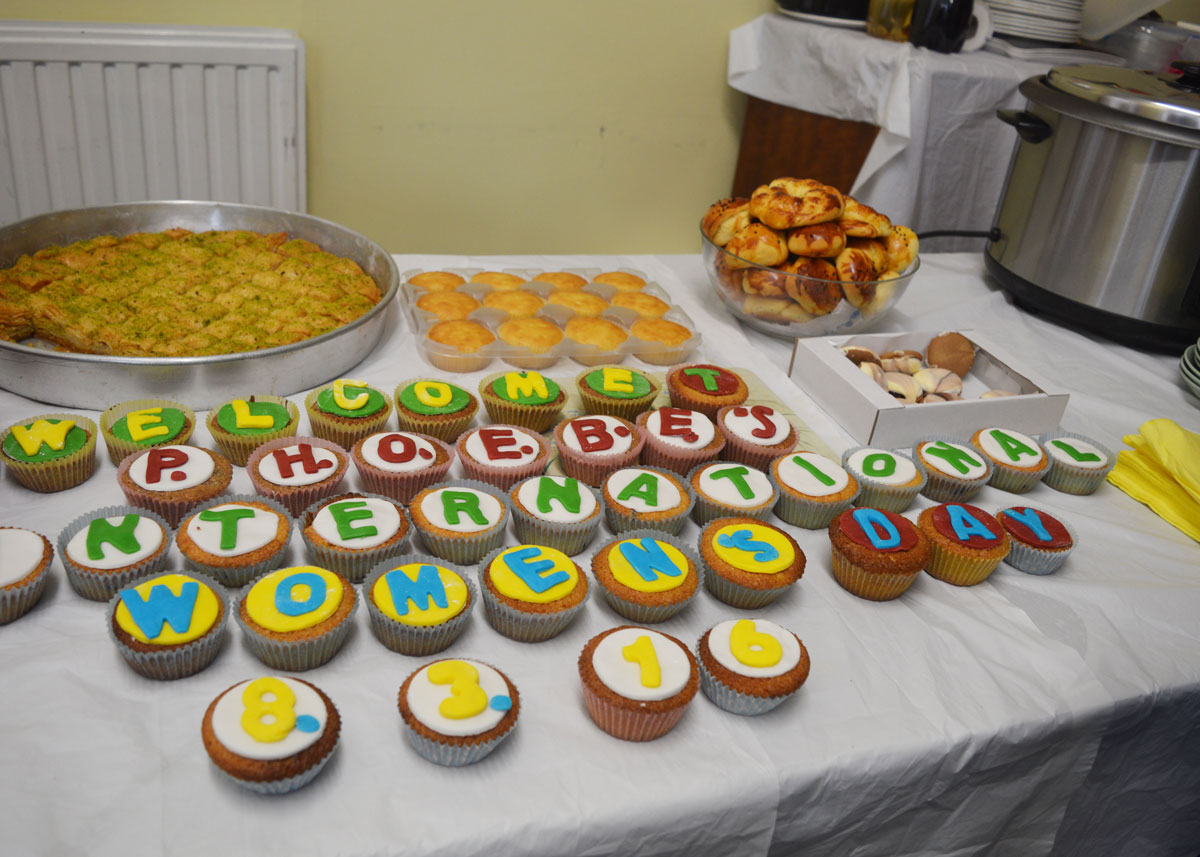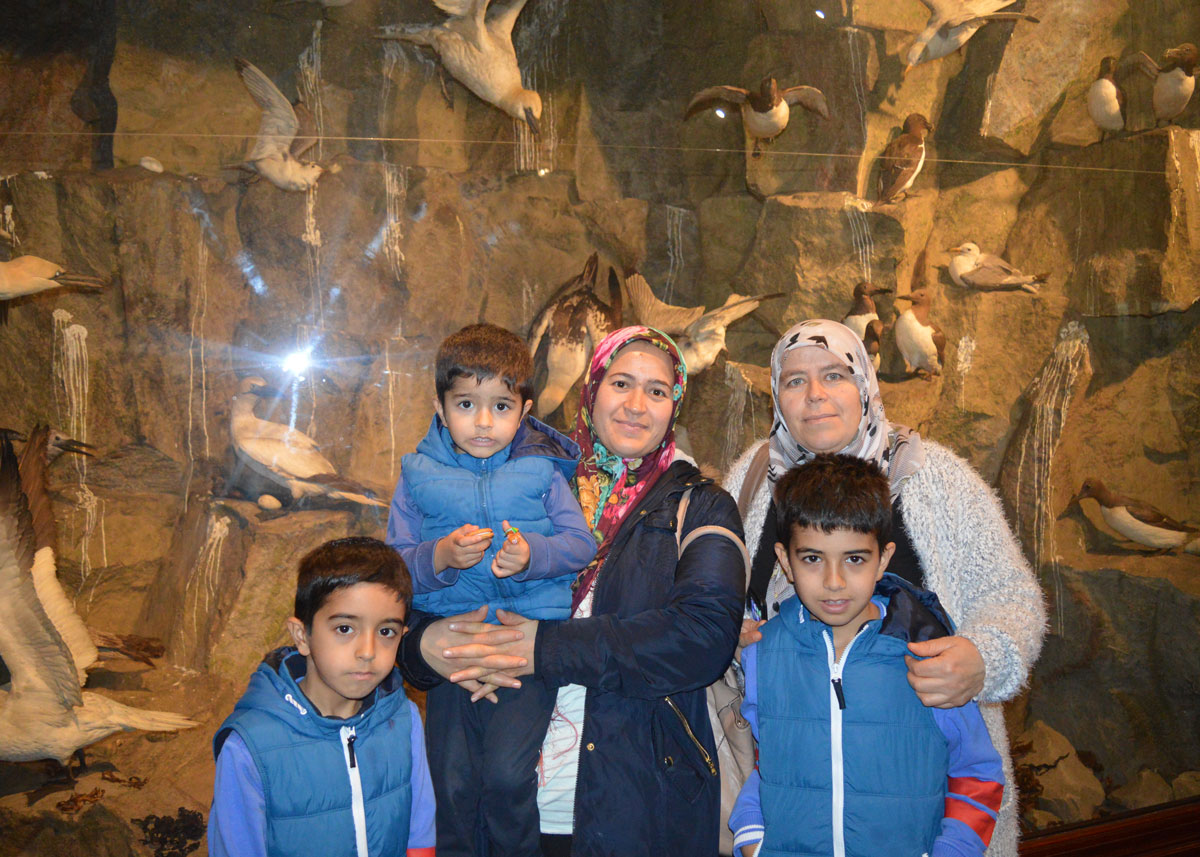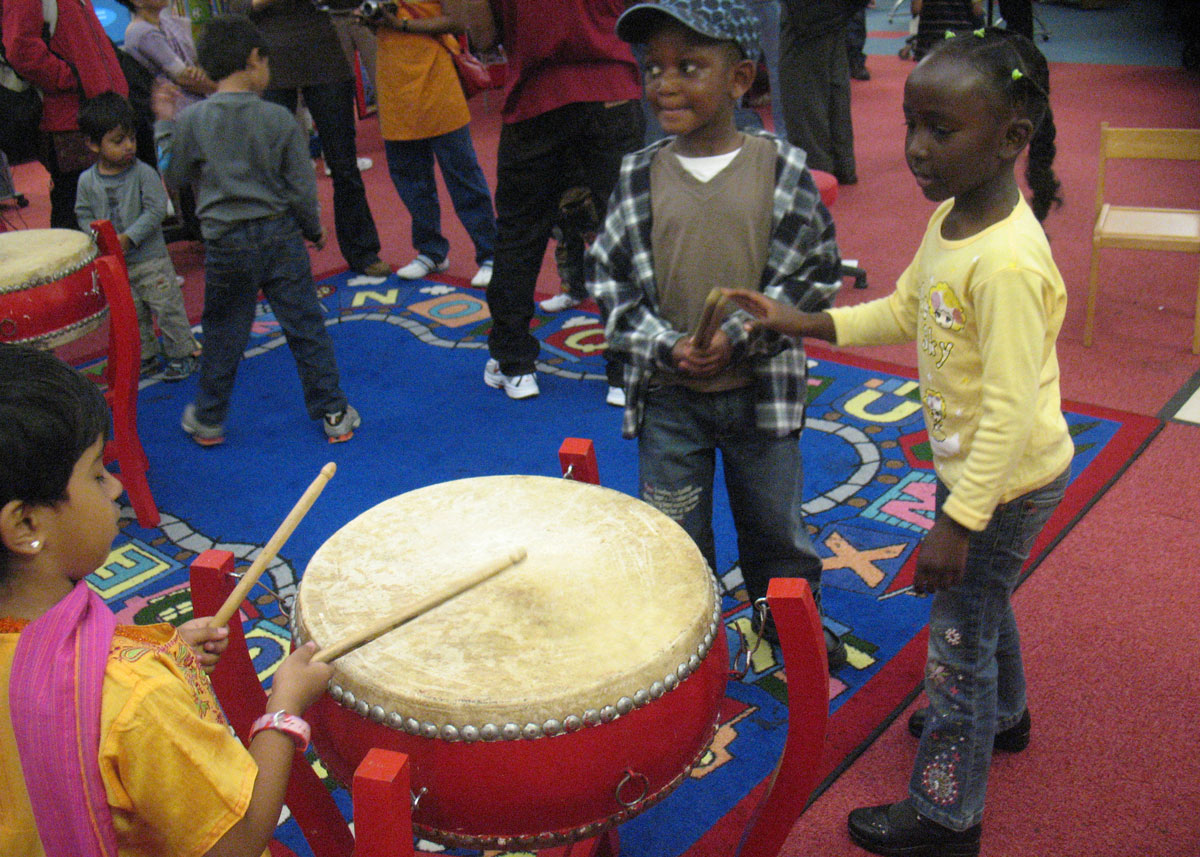Phoebe Against VAWG


What is VAWG?

Violence Against Women and Girls (VAWG) encompasses a myriad of gender based violence which include but are not limited to:
- Domestic violence & abuse;
- Sexual violence (Inc. rape);
- Stalking;
- Prostitution & trafficking;
- Sexual harassment;
- Female Genital Mutilation (FGM);
- Forced Marriage;
- Honour Based violence (HBV);
- Sexual exploitation;

Drivers of VAWG

- Immigration status; visa that women’s rights to remain in the UK may mean she is financially dependent on her husband with no to limited access to an independent income.
- Gender norms; Male-dominated social ideas and systemic mores continue to repress and marginalise women while justifying intimate partner violence, early and forced marriages and FGM as necessary to pacify and preserve women’s chastity and subordinate position.
- The objectification and policing of women’s bodies exacerbates their vulnerability to sexual exploitation and abuse.
- Discrimination on the basis of gender and race whereby we black women payed less for the same amount of work compared to the white male which diminishes their financial autonomy
- Social norms; that encourage men to use violence to keep the men-dominated social order.
- Abuser may use immigration status to frighten women into silence and prevent them from seeking help e.g. threat with deportation.
- The immigration status of women and children makes them vulnerable to VAWG because they have little to no Recourse to public funds (NRPF) as it limits the instances in which they can claim forms of state benefits such as welfare benefits and social housing. This creates feminised poverty and forces women to go back to their abusers or heightens their vulnerability to early and forced marriages as well as human trafficking, modern slavery and forced prostitution.
- Although there is the existence of special Domestic Abuse grants and county budgets the county is threatening to cut and/or reduce DA funding for both specialised and non-specialised services.
- Women from underprivileged BME and migrant communities have a distrust of authorities due to previous experiences of racism, discrimination and threats of deportation. Women and girls are therefore hesitant to seek protection services when they are experiencing any form GBV thereby having to “suffer in silence”
- There is lack of coherence between laws and policy action by central and local governments, where there is an enabling act which creates friendly protection services regardless of immigration status yet curtailing the capacity of institutions that render such services through budget cuts which see them offering services prioritising UK residents and in some instances discriminating against BME service users.
- Women and girls with low education attainment have a high probability of experiencing intimate partner violence due to their diminished financial autonomy which sees them depending on their intimate partners for support thus exacerbating the risk to intimate partner violence.
- Mental health has a significant role in the perpetuation of VAWG. Women and girls experiencing suicidal thoughts, anxiety, depression, low self-esteem substance abuse are vulnerable to most if not all forms of VAWG.

What is Phoebe doing?

- Group support network systems;
- Vocational skills training for BME women and girls;
- Counselling services;
- Legal assistance with protection orders and asylum applications;
- Information services;
- Referral to charity organisations that offer temporary accommodation and protection services;
- Referral to foodbanks for service user who are in immediate need;
- Solidarity marches against VAWG as well as social media campaigns;and
- Refurbishment of the Phoebe Centre in order to increase the organisation’s capacity to house more service users.





